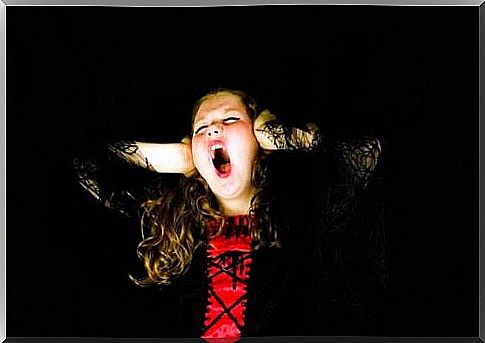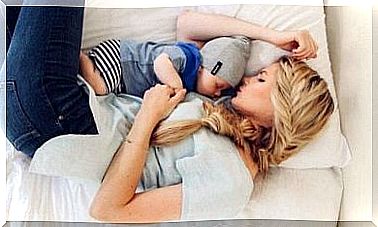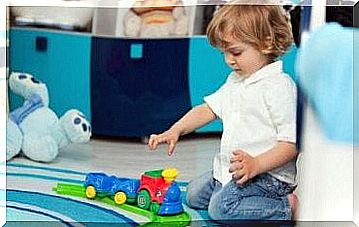How To Defuse Your Child’s Whim With A Question – Parenthood

Did you know that it is possible to defuse your child’s whim with a simple question? This is not a magic trick, just a little psychology.
Contrary to popular belief and the rules many apply at home, it is possible to interrupt a child in the midst of a tantrum or frustration.
Although some specialists advise to respect this moment when the child lets out emotions that he no longer controls, there is a very effective method that is increasingly talked about.
This strategy calls on the child’s cognitive abilities. Of course, parents or educators must want to teach him to better control his emotions.
There are countless situations that can trigger a child’s anger. He forgot a toy at home, he doesn’t want to sleep, he wants to play in the tub after the bath, he only wants to eat treats, he damaged his favorite doll… reviewing them all would take too long and you know very well what we are talking about.
However, how to defuse your child’s whim deserves our full attention. You don’t necessarily need to call in a specialist or take her to a psychologist. You just need to help them put the problem that is causing their negative reaction into perspective.
What to do to defuse a whim?

Sometimes we just have to think of the word ‘caprice’ for our patience to evaporate. And unfortunately, parents of children under the age of five are often content to scold, punish, and forbid when they get really angry.
Let us not forget that we are dealing with small people who do not yet know how to manage their emotions. It is our role as parents to help them evolve emotionally and intellectually.
You may be wondering what the connection is between a whim and the intellectual development of a child. To answer this question, let us recall the definition of Larousse. Intelligence is “the set of mental functions having for object conceptual and rational knowledge.”
We are not talking about adults in this definition. If intelligence is an inherent characteristic of everyone, why not help our child rationally analyze the situation that provokes their anger ?
Learning to manage his emotions is part of the evolution of the child. It’s up to us to help him grow and develop that emotional stability that will allow him to mature with age.
The big question

Now that all is said, we suggest you tackle your child’s next whim by asking him the following question: “Is this a small, medium or big problem?”
It is quite possible that your child, in his innocence, will tell you that this is a big problem. If so, don’t contradict him. You would underestimate the problem this represents for him and the importance of the emotions he feels.
It is better to accompany him while he assesses and recognizes his problem. If he tells you that it is a big problem, it is because he is in his small universe. Our role is to help him solve his problem.
When he has identified the dimension of the problem, invite him to find a solution. Show her by example that the best way to resolve a conflict is to find a solution.
After the big moment of anger, when your child is more emotionally stable, ask if it was difficult to find a solution to his big problem. If he told you it was easy, close the discussion by pointing out that while the solution was obvious, the problem should not be as bad as you both imagined.
Say well “both”. Include yourself in this process. Support your child when he is wrong, looking for a solution and moving forward. Don’t just criticize it, because there is no point.
A child does not need to be criticized. He is only waiting for help to grow in confidence and happiness. This is the wonderful role that is ours.









